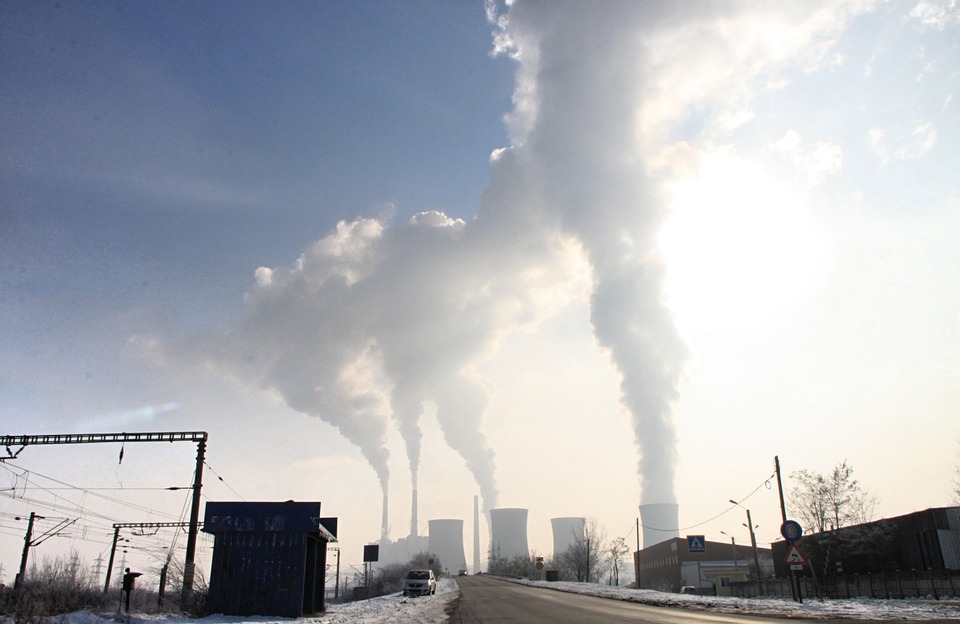All the problems of Cop28. Report Ft

COP28 will have to be able to bring attention back to combating emissions. But governments and public opinions are focused on something else. The in-depth analysis of the Financial Times
The UN COP28 climate talks in Dubai, which begin at the end of November, will take place against a backdrop of geopolitical, health and economic emergencies. The UN's greatest strength is its access to the enormous amount of scientific knowledge on global warming. But to shift public opinion and generate political will for climate action amid competing priorities, communicating this science needs traction. The Financial Times writes.
THE PROBLEMS OF COP28
COP28 will rightly highlight the commitments countries must make to decarbonise economies and slow global warming. However, the summit is also expected to launch a global campaign to inform the public and rally political support, particularly among large emitters. After all, political support was crucial for the United States, the European Union and other high-income countries to mobilize rescue and stimulus packages in the wake of the global financial crisis. And high-income countries have raised more than $20 million to fight Covid-19.
It's not that most people deny that the climate is changing, but opinions differ on its causes and the costs that countries should bear to fight it. Developing countries are lukewarm on energy security concerns. Several leaders of developed countries are backtracking in response to concerns about the costs of decarbonization. The UK has backtracked on its decision to suspend construction of new oil drilling platforms in the North Sea. In New York State, utility regulators have rejected inflation adjustments for renewable energy, and the governor has vetoed offshore wind projects that connect to Long Island's power grid.
All the more reason, therefore, for COP28 to generate a wave of public opinion in favor of urgent measures. With public support, funding and technology will follow, both from governments, as in the case of financial crises, and from businesses and society, as happened during the digital revolution.
MOBILIZING SCIENCE
First, the scientific knowledge available to the COP must be mobilized to help people connect the dots when climate disasters strike. It didn't help the communication that, unlike the direct link between smoking and lung cancer, climate change involves complex causality: from greenhouse gases to rising temperatures and precipitation, to the extreme fires and floods that have dominated news in the Americas and elsewhere. People must, in real time, blame the damage on fossil fuels and not just on mismanagement of disasters – whether this year's failure of sirens before wildfires in Hawaii or evacuations during floods in South Korea South.
This year is on track to be the warmest on record and has exceeded the feared 1.5°C global warming threshold several times. Earth faces 16 climate turning points. In such a context, the COP28 communication campaign should make clear how growth and poverty reduction are subordinated to the reduction of carbon emissions. For example, the U.S. economy may stop growing in the coming decades due to mortality and loss of labor productivity due to climate change, if emissions continue unabated. Or, when a third of Pakistan is submerged by floods, as happened in 2022, causing asset losses of 30 billion dollars (equal to 9% of gross domestic product), it is not climate action that impoverishes, but the climate inaction.
THE CLIMATE DANGER TODAY
Second, to improve the political attractiveness of a response, the climate danger must be considered here and now, just like Russia's war of aggression against Ukraine. As a result, COP targets need to be more about 2030 than 2050 and beyond. With global warming outpacing scientific projections, the bar for emissions cuts has been raised with mostly “highly insufficient” measures taken by large polluters. At COP28, world leaders must make a binding commitment to a 50% reduction in carbon emissions by 2030, rather than the softer 45% target.
To this end, it would be useful to highlight the top 20 countries that represent four-fifths of all emissions, starting with China, the United States and India. The past approach of negotiating goals among nearly 200 nations has had negligible results. While China, the United States, and India have dramatically expanded solar and wind capacity, they have also increased their use of fossil fuels, which is what matters for the atmosphere. Big emitters must stop new coal, oil and gas projects. The signal sent by the COP28 presidency, the United Arab Emirates, with the approval of a massive gas pipeline in July is alarming.
GEOPOLITICAL TURBULENCE
Geopolitical turmoil makes it harder to focus on climate. But with the planet's vital signs trending in the wrong direction, climate mitigation through decarbonisation must be prioritized, as everything else depends on it. Action will follow, even in the face of competing priorities, if – but only if – people see that their prosperity and well-being are endangered by global warming. If COP28 can launch a global campaign to gain public support for the resources needed to avert catastrophe, then the Dubai meeting will have made significant progress.
(Extract from the eprcommunication press review)
This is a machine translation from Italian language of a post published on Start Magazine at the URL https://www.startmag.it/energia/cop28-sostegno-politico/ on Sat, 18 Nov 2023 07:35:02 +0000.
